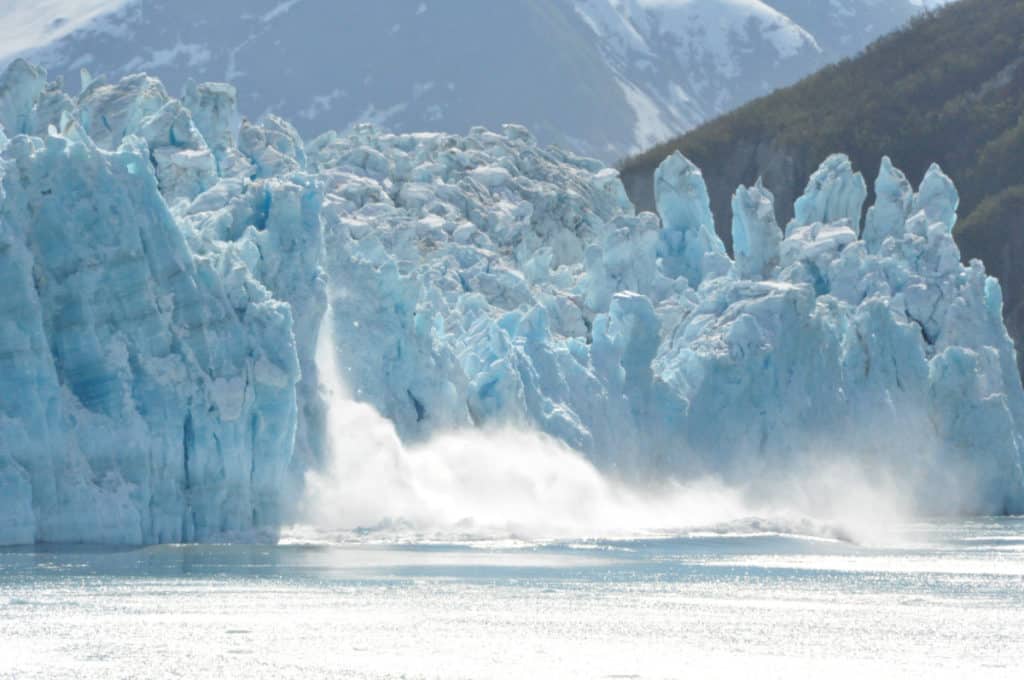The EPA announced in a memo on March 26th that it will no longer enforce regulations during the COVID-19 outbreak. While this move is to keep both officials and employees from work, it has a very harmful side effect.
Businesses will get a free pass on pollution and emission until this is over.
The EPA will not conduct routine inspections during this time. However, businesses are still encouraged to follow all regulations when possible. In some cases, due to social distancing, having enough workers to make repairs will not be possible.
In these situations, the companies will not be held responsible since it is a result of COVID-19 precautions.
Is It Reasonable?

In the history of the agency, they have never given up their power to enforce. The EPA has always enforced all regulations regardless of what was going on in the world.
However, the Coronavirus has presented unique problems for the EPA and businesses alike. And as a result, drastic measures must be taken. Not only to ensure the protection of the environment but of the employees of the EPA.
The Administrator of the EPA, Andrew Wheeler said:
“EPA is committed to protecting human health and the environment, but recognizes challenges resulting from efforts to protect workers and the public from COVID-19 may directly impact the ability of regulated facilities to meet all federal regulatory requirements.”
While they encourage businesses to follow all regulations when possible, it’s an uphill battle for some. Much like the EPA, some businesses will not have the necessary number of workers to do so. This is a safety measure and nothing more.
The Impact Might Be Huge
This is in an attempt to lower the number of humans interacting with each other. However, even before the outbreak, businesses have exceeded regulations.
In fact, 10 refineries, 6 in Texas, have been significantly exceeding regulations when it comes to Benzene levels since before this even began. With the Philadelphia Energy Solutions exceeding the EPA guidelines by a staggering 444%.
The EPA has a responsibility to protect the environment, but it has become lax in doing so. The agency needs to find a way to monitor and enforce environmental regulations during the COVID-19 outbreak.


